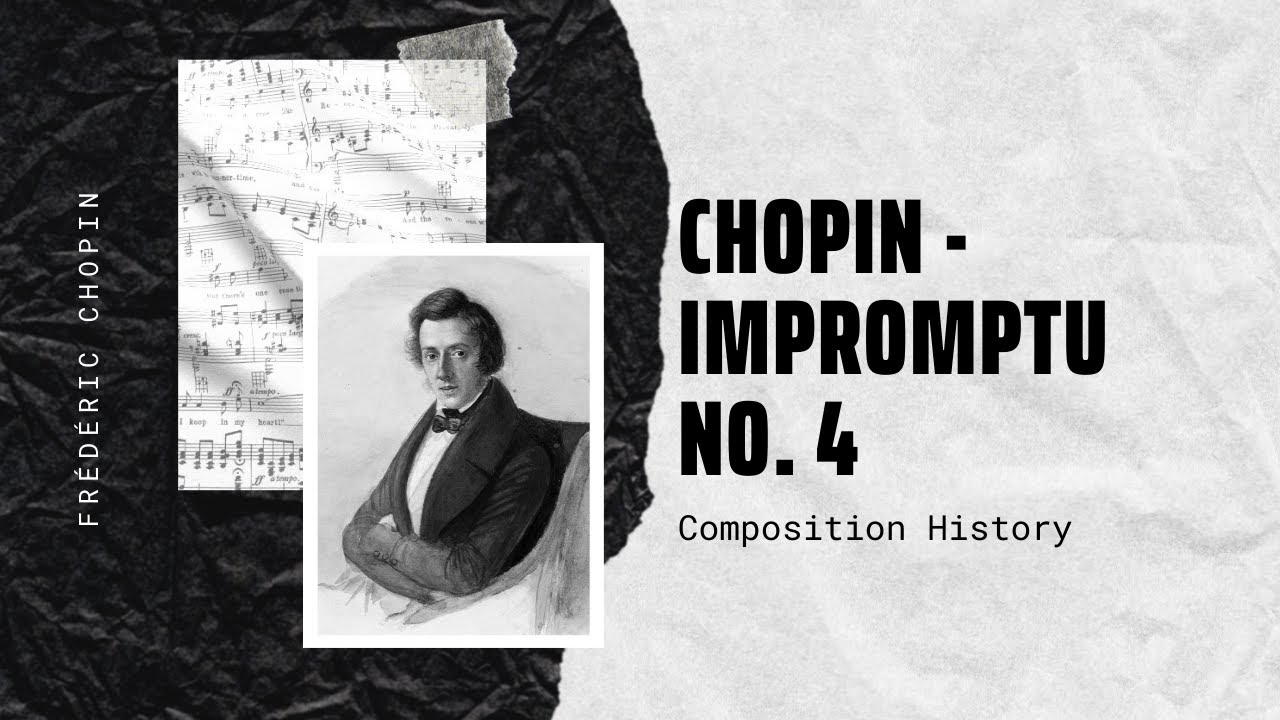
Chopin – Impromptu No. 4
Frédéric Chopin – Impromptu No. 4 Op. 66 Frédéric Chopin’s Fantaisie-Impromptu (Polish: Fantazja-Impromptu) in C♯ minor Op. posth. 66 is a solo piano composition. It was[…]

Frédéric Chopin – Impromptu No. 4 Op. 66 Frédéric Chopin’s Fantaisie-Impromptu (Polish: Fantazja-Impromptu) in C♯ minor Op. posth. 66 is a solo piano composition. It was[…]